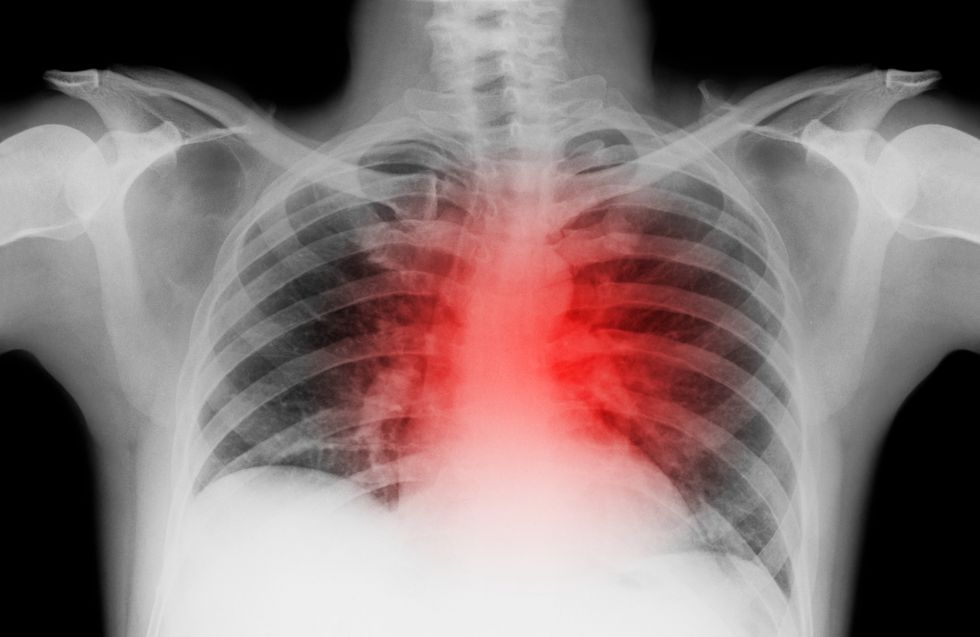Three new diseases sparking concerns as heart attack deaths drop by 90%

REVEALED: Easy ways to maintain a healthy lifestyle
|GB News
Heart attacks now only represent 29 per cent of cardiovascular fatalities, a study found
Don't Miss
Most Read
Deaths from heart attacks have plummeted by nearly 90 per cent over the past five decades - yet medical experts are warning of a surge in three other deadly cardiovascular conditions.
The research, published in the Journal of the American Heart Association, revealed that while US deaths from heart attacks have dropped dramatically since 1970, fatalities from heart failure, arrhythmias and hypertensive heart disease have increased by 81 per cent over the same period.
The comprehensive study analysed more than 50 years of data from the US Centers for Disease Control and Prevention, examining heart disease deaths among adults aged 25 and older between 1970 and 2022.
The findings showed that heart attacks, which accounted for 54 per cent of all heart disease deaths in 1970, now represent just 29 per cent of cardiovascular fatalities.

Deaths from heart failure, arrhythmias and hypertensive heart disease have risen
|GETTY
Meanwhile, deaths from the three emerging conditions - heart failure, arrhythmias and hypertensive heart disease - have risen from nine per cent of heart disease deaths in 1970 to 47 per cent in 2022.
Arrhythmias, which occur when electrical impulses to the heart become irregular, showed the most dramatic increase with a 450 per cent rise in the age-adjusted death rate.
Heart failure deaths increased by 146 per cent, whilst hypertensive heart disease fatalities rose by 106 per cent over the study period.
Overall, heart disease death rates have fallen by 66 per cent, although cardiovascular disease remains the leading cause of death in America.
LATEST DEVELOPMENTS
"This distribution shift in the types of heart disease people were dying from the most was very interesting to us," said Dr Sara King, the study's first author and internal medicine resident at Stanford School of Medicine.
"This evolution over the past 50 years reflects incredible successes in the way heart attacks and other types of ischemic heart disease are managed," she continued.
"However, the substantial increase in deaths from other types of heart conditions, including heart failure and arrhythmias, poses emerging challenges the medical community must address."
Dr King warned that, although major battles against heart attacks have been won, "the war against heart disease isn't over", remaining keen on "helping people age with healthier hearts and avoiding chronic heart conditions later in life."

The dramatic drop in heart attack deaths has been attributed to significant medical advances
|GETTY
The dramatic reduction in heart attack deaths has been attributed to significant medical advances over the past five decades, including improved cardiac imaging, coronary stenting to open blocked arteries, and medications such as aspirin and thrombolytics.
Researchers also credited the establishment of bystander CPR programmes, automated external defibrillators, and rapid intervention systems for acute cardiac events.
However, the study revealed concerning trends in cardiovascular risk factors, with obesity prevalence rising from 15 per cent to 40 per cent between 1970 and 2022.
Type 2 diabetes rates have also surged, while hypertension now affects nearly half of American adults, up from approximately 30 per cent in 1978.
"All of these risk factors contribute to an ongoing burden of heart disease, especially as related to heart failure, hypertensive heart disease and arrhythmias," study co-author Dr Latha Palaniappan explained.










